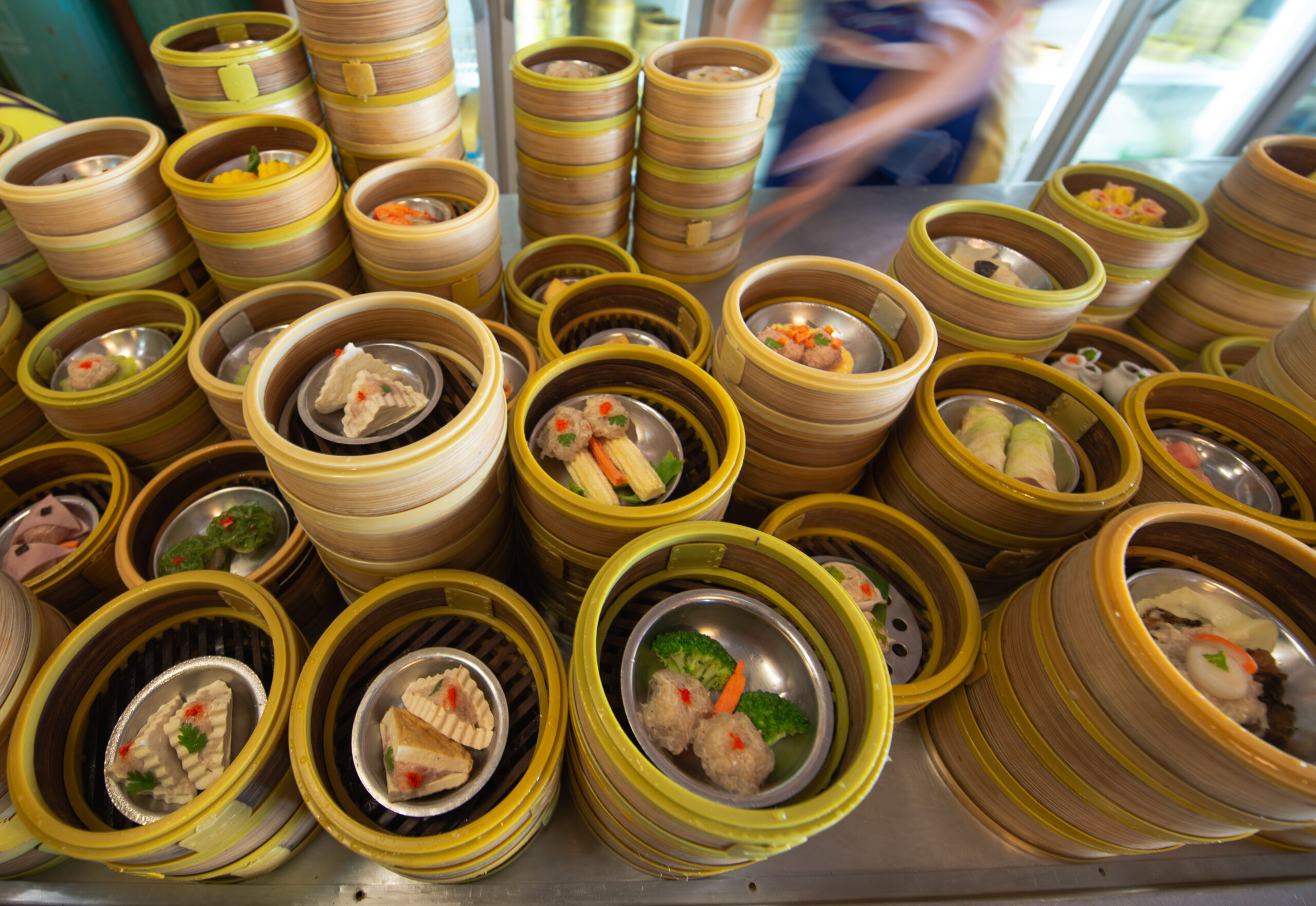In the lively city-state of Singapore, where food is both a cultural treasure and a thriving industry, maintaining high food hygiene standards is crucial.
The diverse culinary scene, ranging from hawker centres to high-end restaurants, must adhere to stringent regulations set by the authorities.
However, this commitment to excellence comes with its set of challenges.
In this article, we explore the hurdles Singapore food establishments face in complying with food hygiene standards and how embracing food hygiene courses, including the basic food hygiene course, can be instrumental in navigating these challenges.
Evolving Regulations and Standards
One of the primary challenges is the ever-changing food safety regulations.
Singapore‘s authorities are vigilant about public health, and this translates to frequent updates in food safety norms.
For small-scale vendors and even some restaurants, keeping pace with these changes can be taxing.
The updates often require businesses to adapt their processes, invest in new equipment, or re-train staff.
Moreover, the regulatory bodies conduct regular inspections, and failure to comply can result in severe penalties or even closure of the establishment.
High Staff Turnover
The food industry is known for its demanding nature, which leads to high staff turnover.
This poses a significant challenge in maintaining consistent hygiene standards, as training new employees continually becomes a herculean task.
Furthermore, the loss of experienced staff who are well-versed in food safety practices can result in a temporary dip in hygiene standards until new staff are properly trained.
Cross-Contamination
The kitchens in Singapore’s food establishments are usually bustling with activity.
Handling a plethora of raw and cooked ingredients raises the risk of cross-contamination.
The country’s humid climate further compounds this issue, creating a conducive environment for bacteria.
Furthermore, Singapore’s diverse cuisine requires varied handling and preparation techniques, making it even more challenging to prevent cross-contamination.
Cultural Diversity in Cuisine
Another challenge the Singapore’s food industry faces is its cuisine’s cultural diversity.
Preparing dishes from different cultures requires knowledge of distinct food safety practices.
A dish that is safely prepared at a certain temperature or with specific ingredients in one culture may not necessarily be safe when prepared differently in another culture.
This makes standardised training even more critical.

Source: iStock
The Role of Education and Training
Basic Food Hygiene Course
It is essential to focus on education and training to address these challenges.
A key starting point is enrolling staff members in a Basic Food Hygiene Course.
This course, mandatory for all food handlers in Singapore, covers essentials such as personal hygiene, food handling, and cleaning practices.
It also acquaints participants with legal obligations and compliance strategies.
Advanced Food and Hygiene Courses
For comprehensive training, food establishments should consider enrolling employees in more specialised food and hygiene courses.
For instance, courses focusing on allergen management, HACCP (Hazard Analysis and Critical Control Points), and food safety management systems are crucial for those in supervisory or managerial positions.
These courses ensure that staff members are well-equipped to oversee and implement food safety protocols.
Spotlight: Food Hygiene Course Singapore
Singapore is home to several institutes offering food hygiene courses tailored to meet national standards.
Food Hygiene Course Singapore, for example, offers a range of programs that address various aspects of food safety.
These courses are frequently updated to reflect the latest regulations and are designed to instil best practices in food handling.
Moreover, some courses are specifically tailored to handle the challenges posed by the diversity in cuisine, providing specialised knowledge required for different types of food.
Leveraging Technology
In addition to education, employing technology is another strategy that establishments can adopt to manage food hygiene efficiently.
Tools like automated temperature monitoring and smart cleaning systems can substantially mitigate the risk of cross-contamination and ensure the freshness of ingredients.
There are also food safety apps that can help track the training status of employees and ensure that everyone is up-to-date with the latest food safety practices.
Building a Food Safety Culture
It’s important for food businesses to build a culture that emphasises food safety.
This means engaging staff in regular discussions about the importance of food hygiene, celebrating achievements in maintaining standards, and encouraging everyone to take ownership of food safety.
Global Implications and Benefits
Maintaining high food hygiene standards in Singapore has global implications.
As a hub for international business and tourism, the food industry’s reputation here influences perceptions worldwide.
High standards not only protect local consumers but also safeguard the health of international visitors.
Customer Expectations
In today’s world, consumers are more informed and have higher expectations regarding food safety.
The success of a food business in Singapore is closely tied to its ability to meet and exceed these expectations.
A reputation for high hygiene standards can translate into customer loyalty and positive word-of-mouth.

Source: iStock
Conclusion: Investing in Food Safety
In the face of evolving regulations, high staff turnover, cross-contamination, and the challenges posed by cultural diversity in cuisine, it is imperative for Singaporean food businesses to invest in education and technology.
Businesses can significantly improve their food handling practices by enrolling staff in food hygiene courses, including the basic food hygiene course.
Furthermore, building a culture that emphasises food safety is essential.
It is crucial to understand that maintaining food hygiene is not just about compliance.
Still, it is also about securing customer trust and ensuring the longevity and success of the establishment.
SkillMaster: Your Go-To Hub for Food Hygiene Courses in Singapore
In a dynamic food landscape like Singapore, keeping up with food hygiene standards is imperative for the success of food businesses.
SkillMaster offers a plethora of courses ranging from basic food hygiene courses to specialised training in allergen management and HACCP.
As highlighted in the article, education is key in surmounting the challenges of evolving regulations, high staff turnover, and preventing cross-contamination.
SkillMaster’s courses are up-to-date with the latest regulations and are tailored to meet the diverse needs of the Singaporean food industry.
Don’t let compliance be your only motivation; invest in quality training to build customer trust and ensure the longevity of your business.
Take the first step towards excellence by enrolling in a food hygiene course at SkillMaster today!




